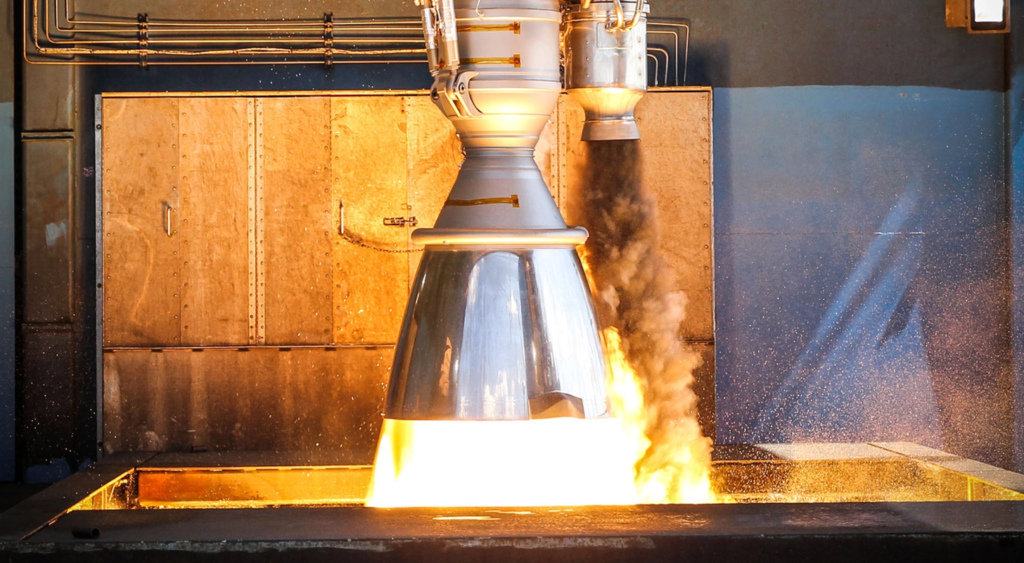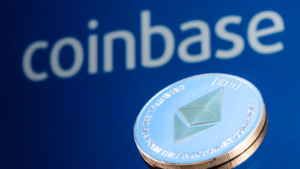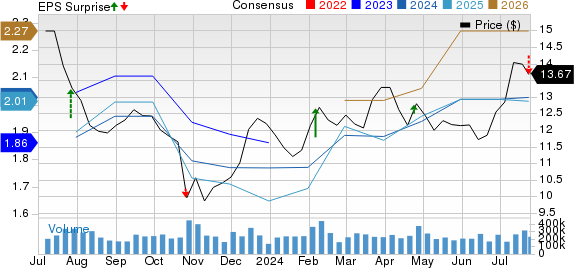
The Vulcan rocket, a collaborative effort between Boeing Company and Lockheed Martin Corporation, is reportedly set to make its inaugural launch as early as next week, attracting the attention of several billionaires.
Positioned as a competitor to Elon Musk’s SpaceX, the new vehicle is ready to transport satellites and cargo for entities such as the Pentagon, NASA, and even Amazon.Com, Inc., Bloomberg reported.
The Vulcan rocket is playing a role in sparking acquisition bids for the entity responsible for its construction, the United Launch Alliance.
One such offer, valued at multibillion, comes from Blue Origin LLC, the ambitious space venture led by billionaire Jeff Bezos.
Scheduled to make its debut early on Monday after nearly a decade in development, Vulcan enters a market with a high demand for increased capacity, the report read.
In October, a Space Force contract was shared between ULA and SpaceX, according to the Bloomberg report. ULA secured 11 launches worth $1.3 billion, equating to approximately $118 million per launch, the report read. SpaceX, on the other hand, received a 10-launch contract valued at $1.23 billion, averaging around $123 million per launch, it added.
Boeing and Lockheed joined forces to establish ULA in 2006. The roots of the Vulcan program trace back to 2015 when ULA made the strategic decision to transition away from the long-standing Atlas V rocket, which relied on engines manufactured in Russia.
The Vulcan rocket is designed to serve as a more cost-effective, entirely American alternative to ULA’s established Atlas and Delta vehicles, aiming to transport the government’s most prestigious satellites, it added.
The latest development marks a crucial juncture for ULA, which was once a predominant launch provider for the U.S. government but has seen a decline in its prominence in recent years, per Bloomberg.
As SpaceX takes the lead in the commercial market and gains government traction with its reusable Falcon 9 rocket, ULA faces the imperative to adapt and prevent falling behind.
“SpaceX likes to say they have a monopoly” in the launch market, Tory Bruno, ULA’s chief executive officer, said in an October interview to Bloomberg. “They don’t.”
Should Vulcan demonstrate its capability to fly successfully, it represents the company’s most promising opportunity to make headway against Musk’s formidable launch enterprise.
With ambitions to expand its commercial operations, ULA has already secured contracts valued in the billions for approximately 70 Vulcan missions.
Read Next: Citi Reportedly Plans To Launch Wholly Owned China Unit Amid Economic Slowdown: Is The Risk Worth It?
Price Action: BA shares are trading higher by 0.88% to $246.05 on the last check Thursday, while LMT shares are trading up by 0.64% to $462.07.
Disclaimer: This content was partially produced with the help of AI tools and was reviewed and published by Benzinga editors.
Photo via SpaceX



